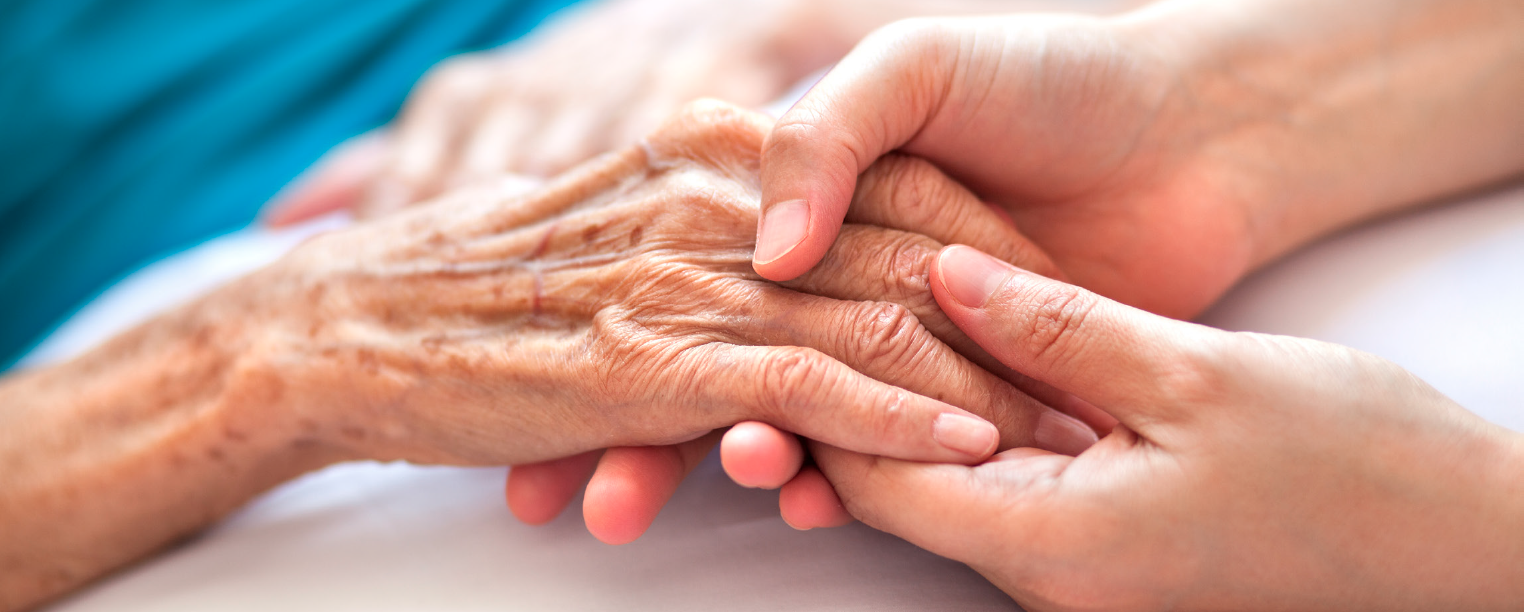
Texas Health Care Briefing No. 9
Sept 2018

Aging, Unpaid Caregivers Not Expected to Meet Demand
The influx of Baby Boomers approaching retirement age will have a significant impact on those who care for them. According to the Texas Demographic Center, the number of Texans 45-64 years old (people in primary caregiving years) is projected to grow at a slower rate than those above 65 years, who are most likely to need care assistance. This asymmetrical pattern means there will be fewer younger family caregivers for aging Texans. The people who will be caring for senior Texans will increasingly be seniors themselves.
Family caregivers include family members, spouses or close friends, who usually provide unpaid care to loved ones. According to the National Alliance for Caregiving and the AARP, the current average age of family caregivers is 49.2 years old and only expected to increase. Approximately 43.5 million adults in the U.S. have recently provided unpaid care to a loved one. On average, they provide 24.4 hours of care per week, the equivalent of a part-time job with no pay or benefits. A report by Morningstar indicates that 65 percent of older adults with long term care needs rely exclusively on friends and family members for their care and that 34 percent of those caregivers are 65 or older.
Experts say that these individuals who perform unpaid work are a key safety net when disability strikes. A report from the AARP Public Policy Institute stated that a “[g]reater reliance on fewer family caregivers to provide home- and community-based services could also add to the toll borne by family members and close friends — in the form of increasing emotional and physical strain, competing demands of work and caregiving, and financial hardships.”
With many senior Texans depleting their life savings near the end of their lives, a decrease in unpaid caregivers will force them to turn to the state to ensure they receive help with basic personal needs such as dressing, eating, bathing and mobility assistance.
Kevin Warren, CEO of the Texas Health Care Association, said, “This issue isn’t just about poor people needing help. Our loved ones and friends who were schoolteachers, business professionals, nurses, veterans and first responders, who raised families and worked their entire lives, often find themselves in this situation in their final years. We want to ensure they receive the kind of care they deserve and that we would want for ourselves.”

